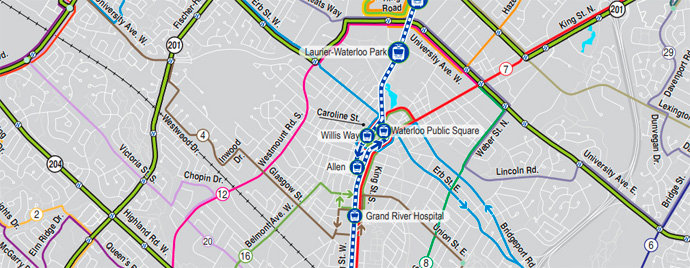
We collect basic website visitor information on this website and store it in cookies. We also utilize Google Analytics to track page view information to assist us in improving our website.
For housing and support services for Government-Assisted Refugees (GARs): Reception House
For settlement support for refugee claimants (formerly known as Mennonite Coalition for Refugee Support-MCRS): Compass Refugee
For counselling and other services for those in the Kitchener-Waterloo area, including programs for refugees: Carizon Counseling and Family Services
Access Alliance Multicultural Health and Community Services
Community Health Centre for refugees and newcomers in Toronto
Crossroads Clinic
refugee health clinic at Women’s College Hospital in Toronto
Refuge: Hamilton Centre for Newcomer Health
refugee health clinic in Hamilton
Refuge Portal
online resource for newcomers and health care/service providers
Canadian Doctors for Refugee Care
broad group of Canadian doctors opposed to changes in refugee health care
Canadian Council for Refugees
national Canadian organization of refugee service providers
Immigration and Refugee Board
federal body responsible for refugee claim determination
Barriers and Facilitators to Health Care for Newcomers
Describes some of the challenges that affect access to health care for immigrant and refugee newcomers and how they can be thoroughly and sensitively overcome by practitioners.
How Culture Influences Health
Discusses how the culture one belongs to shapes one’s worldview and assumptions, and suggests strategies practitioners can use to bridge cultural differences with their patients.
Adaptation and Acculturation
Explains how the challenges a newcomer may face when integrating into Canadian society have effects on their heath.
Assessing Child Maltreatment in a Multicultural Setting
Encourages open understanding of different familial expectations and roles without compromise on prioritizing child health and well-being.
Cultural Competence: Tools and Resources
Links to further aids to increase cultural sensitivity.
Using Interpreters in Health Care Settings
Guidelines for the facilitation of appropriate medical interpretation.
Cultural Competence eLearning Modules
A series of interactive multimedia modules designed to improve cultural competence for any and all health care providers.
Culturally Sensitive Care
This resource, provided by the College of Nurses in Ontario, includes a number of scenarios with sensitive approaches to cultural differences that may arise in a clinical setting.

For more information, visit the Grand River Transit website.
The role of private sponsors is crucial in the refugee resettlement process. While care should be taken to avoid paternalism and to allow sponsored refugees to embrace their own cultural expression, it is important for sponsoring groups to make themselves available for financial and social support, especially during the refugees’ first year in Canada.
View a summary chart of sponsors’ responsibilities.
A large component of a sponsoring group’s responsibility is financial. Groups supporting privately sponsored refugees (PSRs) have taken on the commitment to provide income support for 12 months or until the refugees are self-supporting, whichever comes first. This money should cover costs associated with housing, food, clothing, transportation, a living allowance, and any applicable start-up costs. View estimates of the annual cost for sponsors of privately sponsored refugees.
Groups sponsoring Blended Visa Office Referrals (BVOR) are responsible for providing 6 months of income support (during months 1 and 8-12 after their arrival), as well as the applicable start-up costs. The Canadian government will provide income support for the other 6 months, months 2-7, through the Resettlement Assistance Program (RAP). View estimated costs to sponsors of BVORs.
Sponsored refugees should have health coverage under the Interim Federal Health Program (IFHP) upon their arrival in Canada. If this is not the case, please contact Immigration, Refugees and Citizenship Canada (IRCC) at 1-888-242-2100. In order to access health care, refugees should bring either their Refugee Protection Claimant Document or their Interim Federal Health Certificate with them to appointments as an alternative to a health card – these documents contain a specific Client ID number for the IFHP.
Sponsored refugees are also eligible for OHIP upon arrival, although they still need to complete the application process to receive a health card. It is usually very helpful for sponsors to assist refugees in completing the application form, finding the correct documents, and getting to a Service Ontario centre to apply in person. Visit Service Ontario's site for more information about applying for a health card.